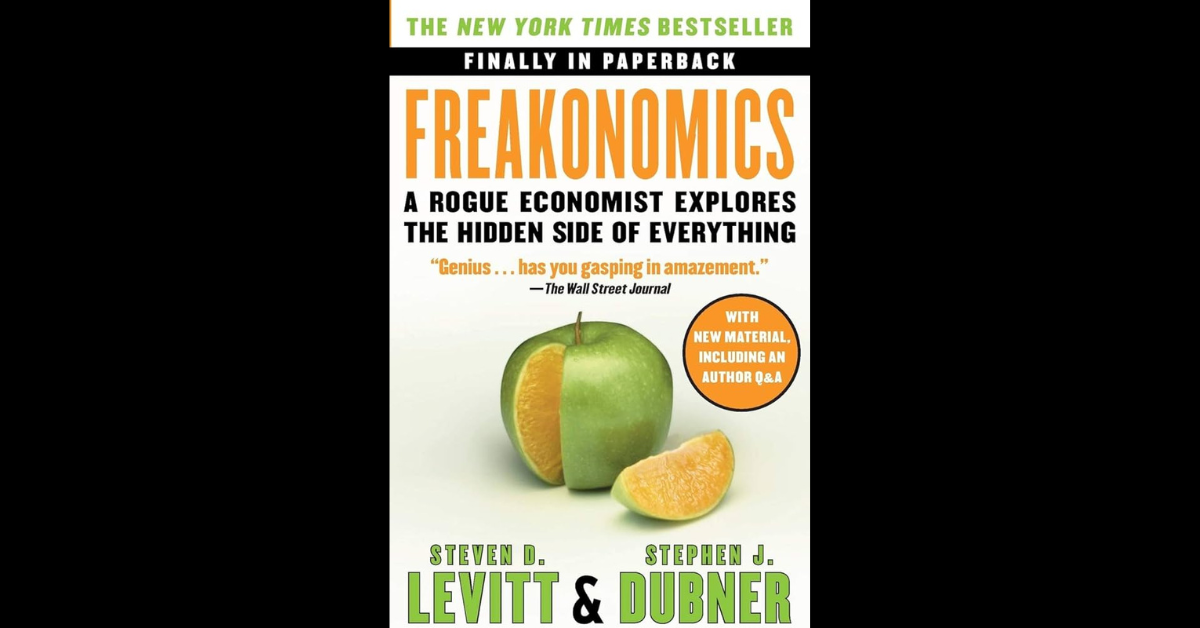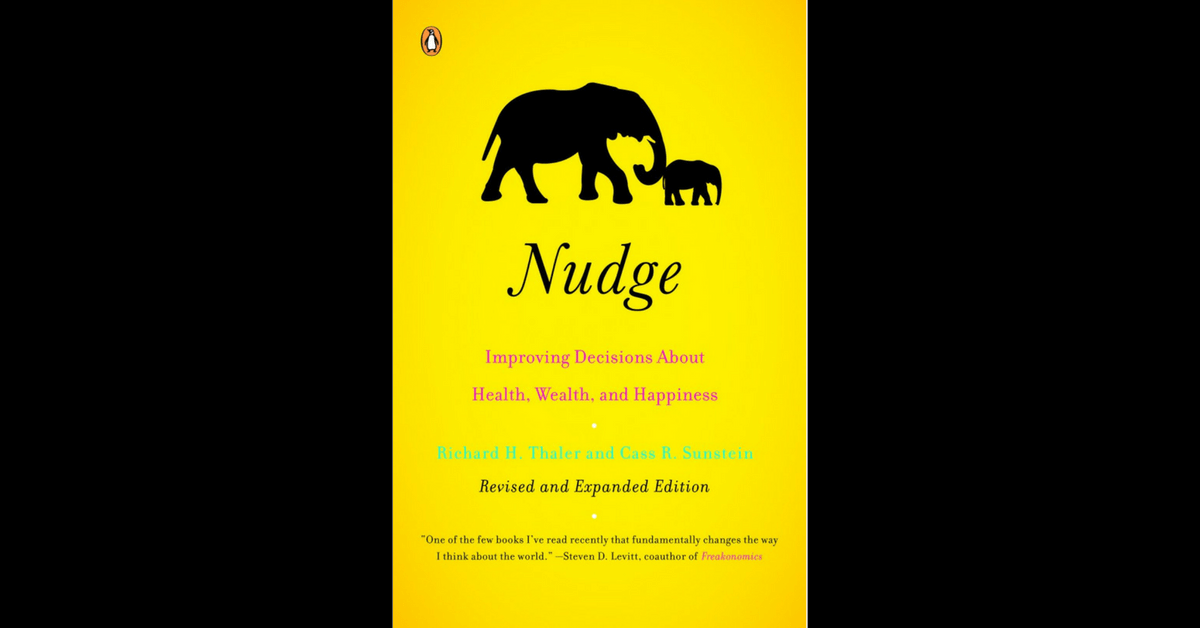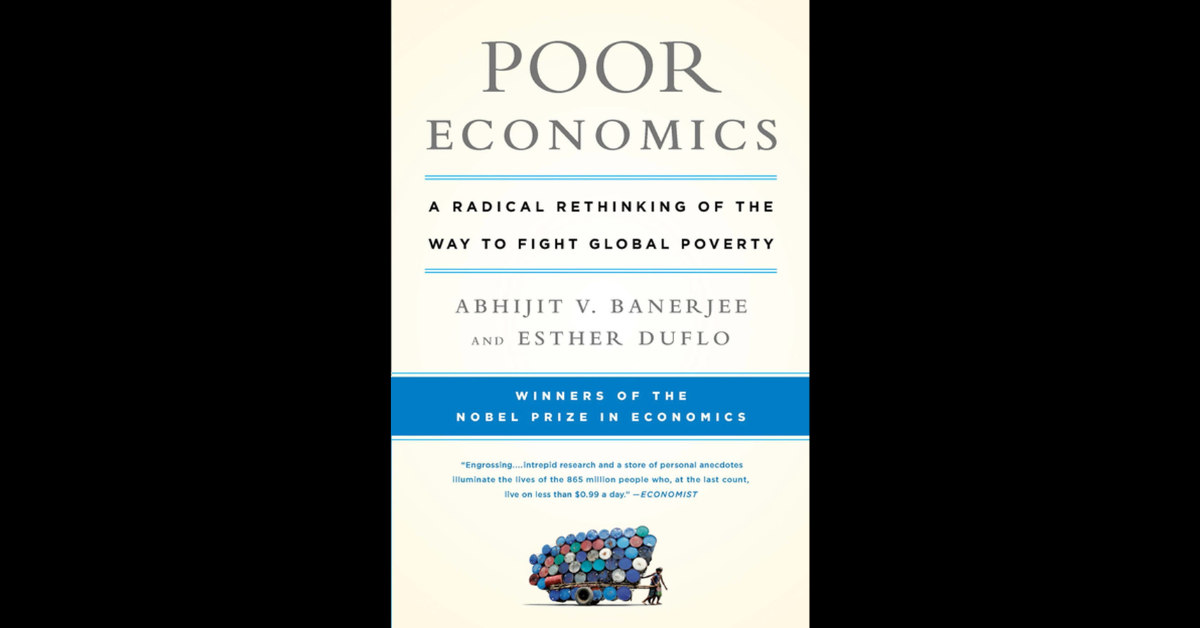Economics isn’t just about charts, graphs, and dry statistics; it’s a field that shapes societies, influences policies, and impacts our everyday lives. These eight books offer fresh perspectives on economics, challenging traditional viewpoints and providing insights that can transform your understanding of how economies work. Whether you’re an economics student, a professional, or just someone interested in the subject, these books are sure to expand your horizons.
“Freakonomics: A Rogue Economist Explores the Hidden Side of Everything” by Steven D. Levitt and Stephen J. Dubner

“Freakonomics” takes readers on a fascinating journey through the unconventional application of economic theory to everyday issues. Levitt and Dubner explore topics ranging from crime rates to parenting styles, showing how economic principles can explain real-world phenomena in surprising ways. Their engaging storytelling and counterintuitive insights make economics accessible and entertaining.
“Capital in the Twenty-First Century” by Thomas Piketty

Thomas Piketty’s groundbreaking work, “Capital in the Twenty-First Century,” examines wealth inequality over the past few centuries. Piketty uses extensive data to argue that the rate of capital return in developed countries has consistently outpaced economic growth, leading to increasing inequality. This book challenges readers to think critically about wealth distribution and the policies needed to address economic disparity.
“Thinking, Fast and Slow” by Daniel Kahneman

Nobel laureate Daniel Kahneman’s “Thinking, Fast and Slow” delves into the psychology behind economic decision-making. Kahneman distinguishes between two modes of thinking: fast, intuitive thought and slow, deliberate reasoning. By exploring the biases and heuristics that influence our choices, Kahneman provides valuable insights into human behavior and its implications for economic theory and practice.
“The Wealth of Nations” by Adam Smith

Adam Smith’s seminal work, “The Wealth of Nations,” laid the foundations of modern economics. Published in 1776, this classic text explores the nature of economic activity, the role of markets, and the importance of free trade. Smith’s insights into the division of labor and the invisible hand of the market continue to influence economic thought today. Reading this book offers a historical perspective on the principles that underpin contemporary economic theory.
“Nudge: Improving Decisions About Health, Wealth, and Happiness” by Richard H. Thaler and Cass R. Sunstein

“Nudge” explores how small changes in the way choices are presented can significantly influence people’s decisions. Thaler and Sunstein introduce the concept of “choice architecture” and demonstrate how nudges can improve decision-making in areas such as health, finance, and public policy. This book offers practical applications of behavioral economics and highlights the potential for designing better outcomes through subtle interventions.
“Debt: The First 5,000 Years” by David Graeber

David Graeber’s “Debt: The First 5,000 Years” provides a sweeping historical account of debt and its impact on human societies. Graeber challenges conventional economic narratives by exploring the moral and social dimensions of debt, from ancient civilizations to modern economies. His provocative analysis encourages readers to rethink the origins and functions of money, credit, and debt in shaping economic systems.
“The Undercover Economist” by Tim Harford

Tim Harford’s “The Undercover Economist” reveals the hidden economic forces that shape our daily lives. Harford uses everyday examples to explain complex economic concepts, making the subject matter approachable and relatable. By uncovering the economic logic behind supermarket pricing, traffic jams, and more, Harford helps readers see the world through the lens of an economist.
“Poor Economics: A Radical Rethinking of the Way to Fight Global Poverty” by Abhijit V. Banerjee and Esther Duflo

In “Poor Economics,” Nobel laureates Abhijit Banerjee and Esther Duflo challenge conventional approaches to addressing global poverty. Based on extensive field research, they offer a nuanced analysis of the economic lives of the poor and propose evidence-based strategies for improving their conditions. Their work highlights the importance of understanding the context-specific behaviors and constraints of people living in poverty.




















